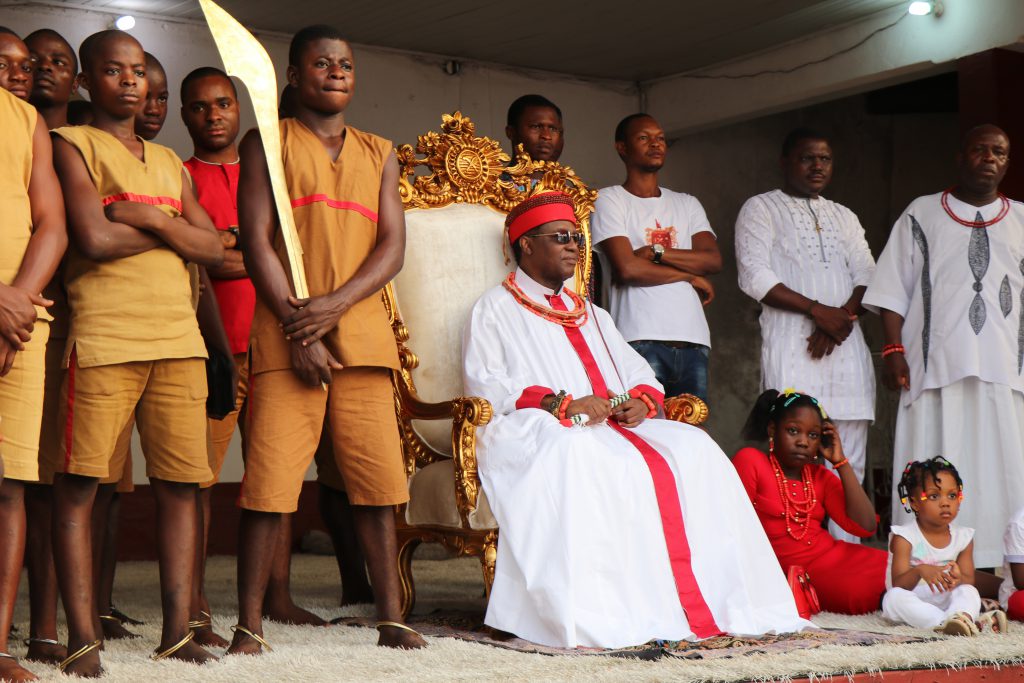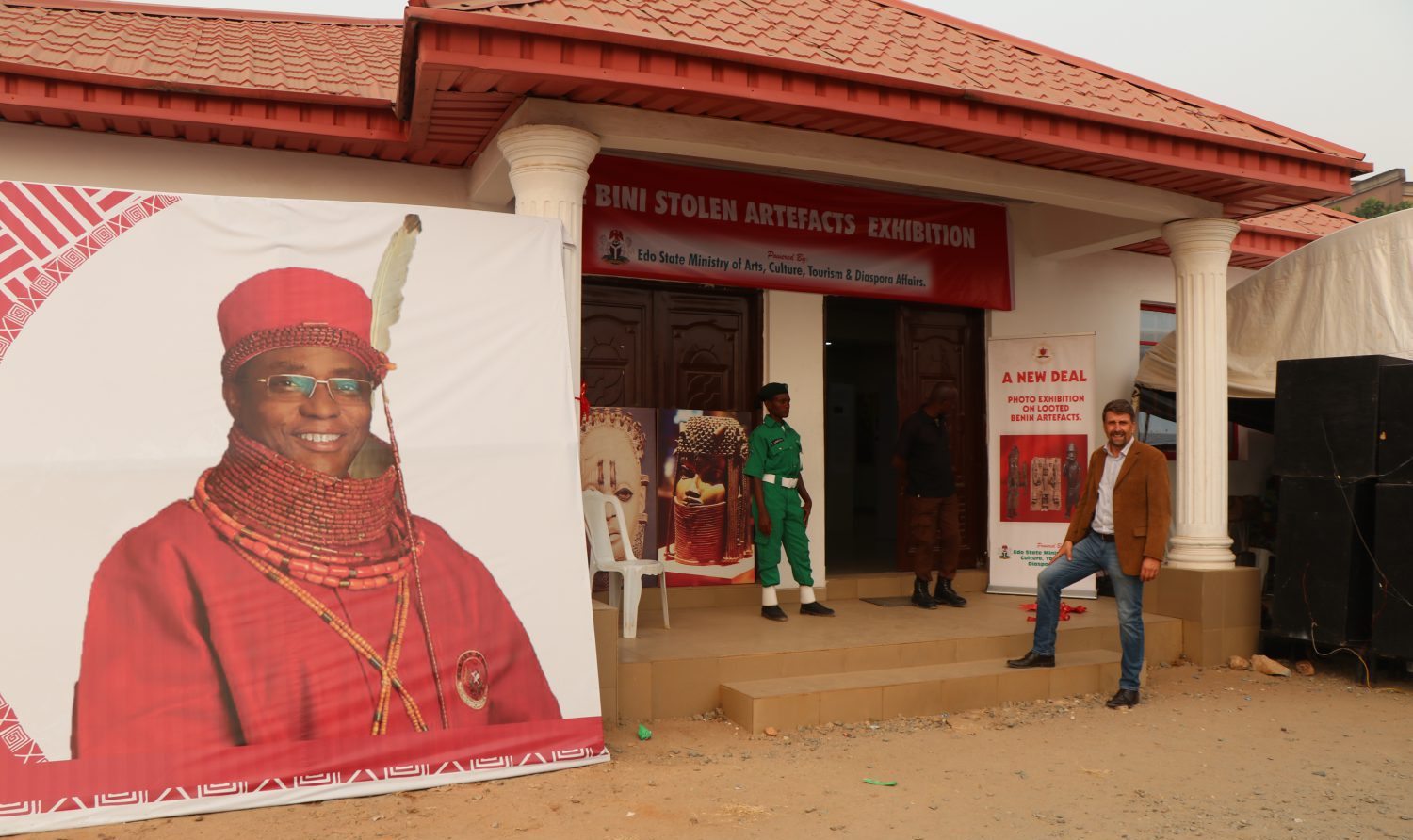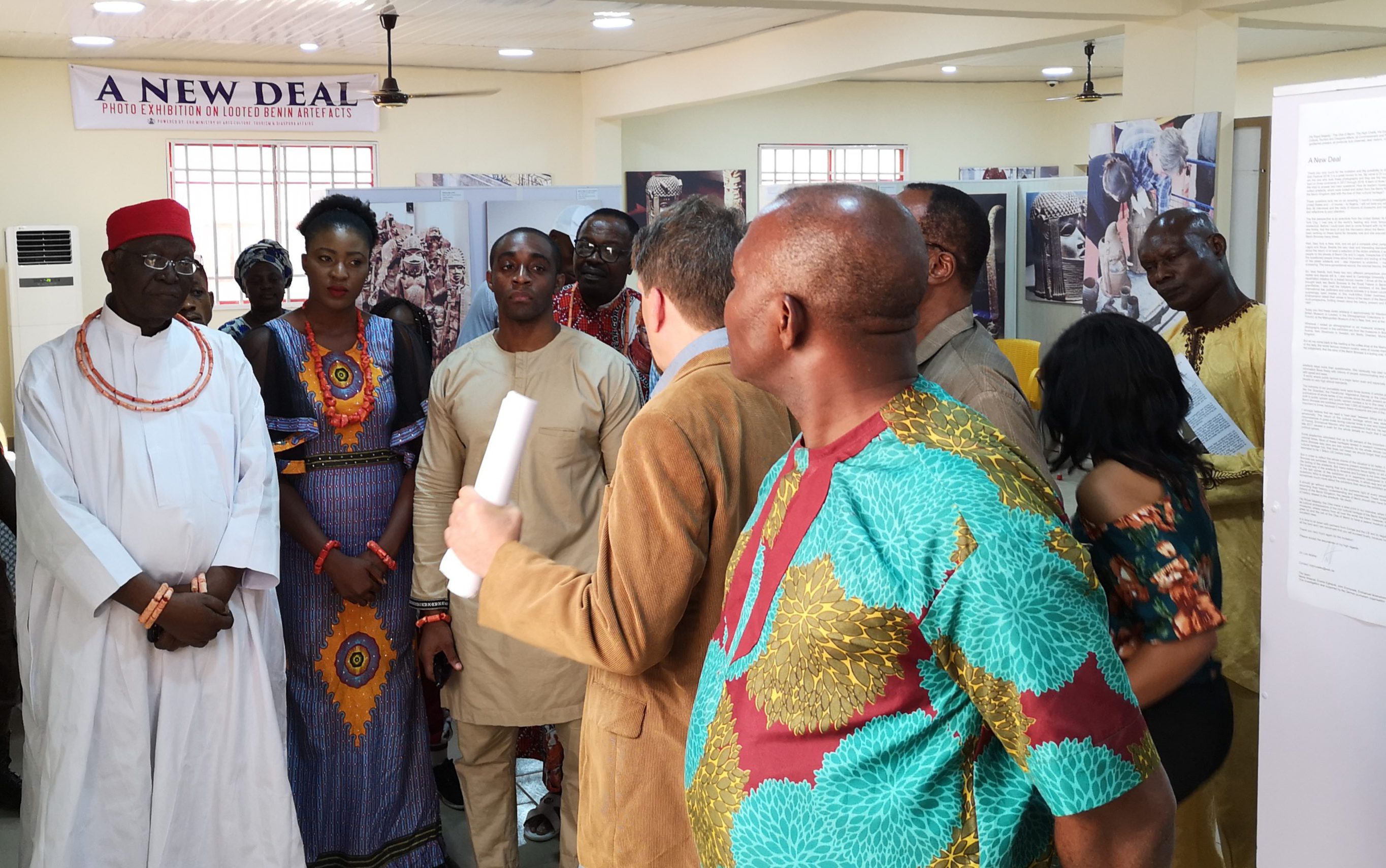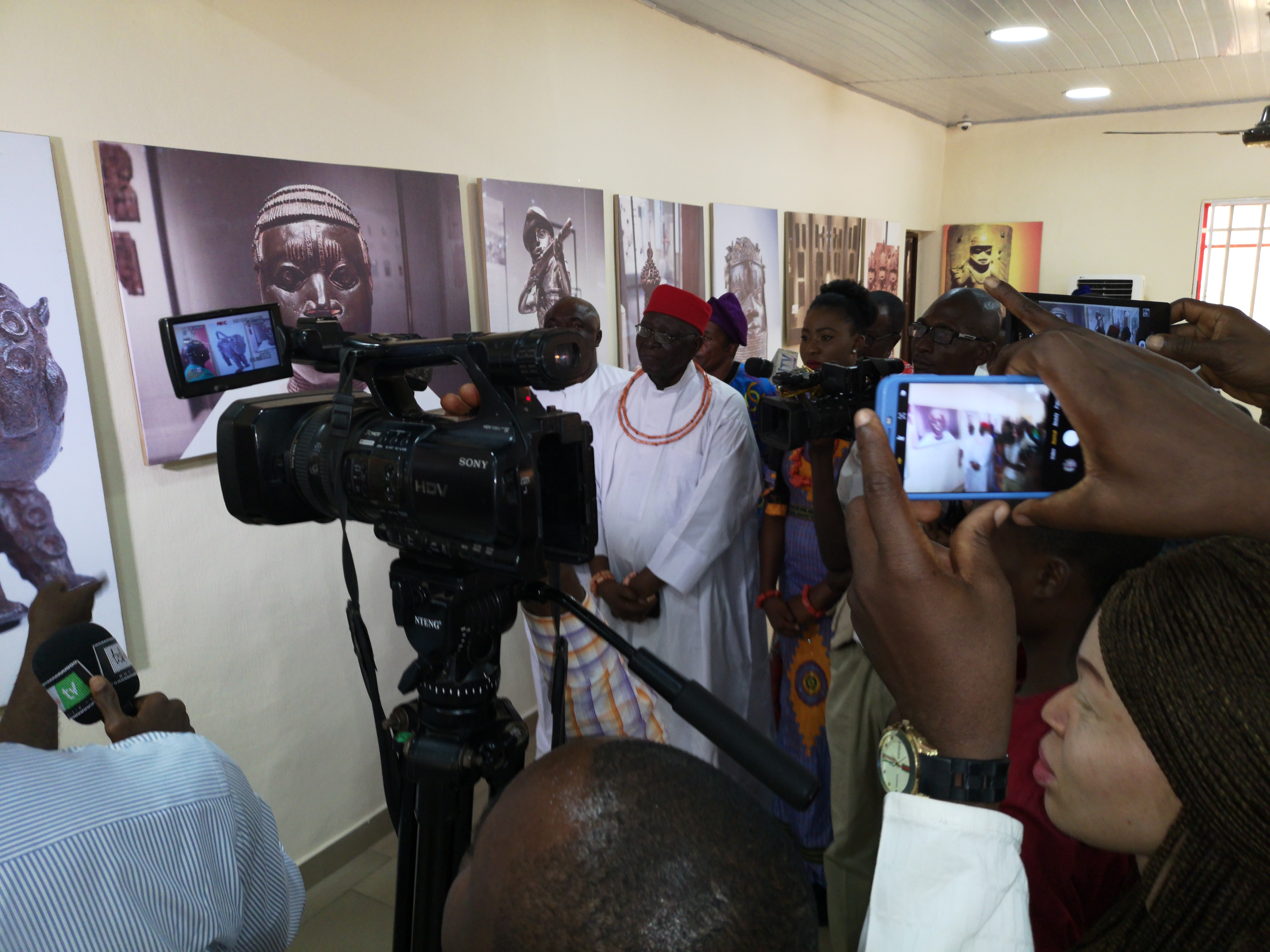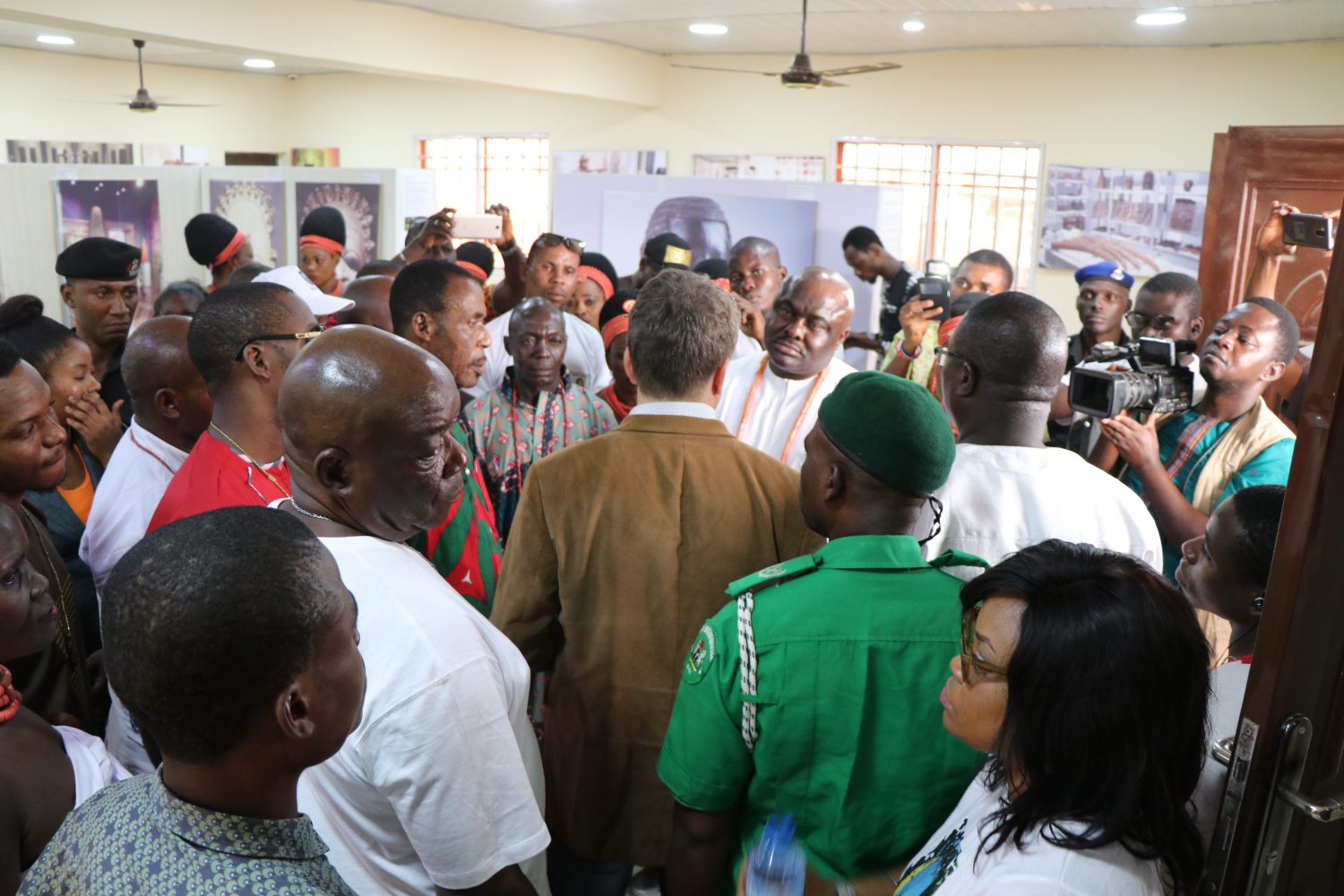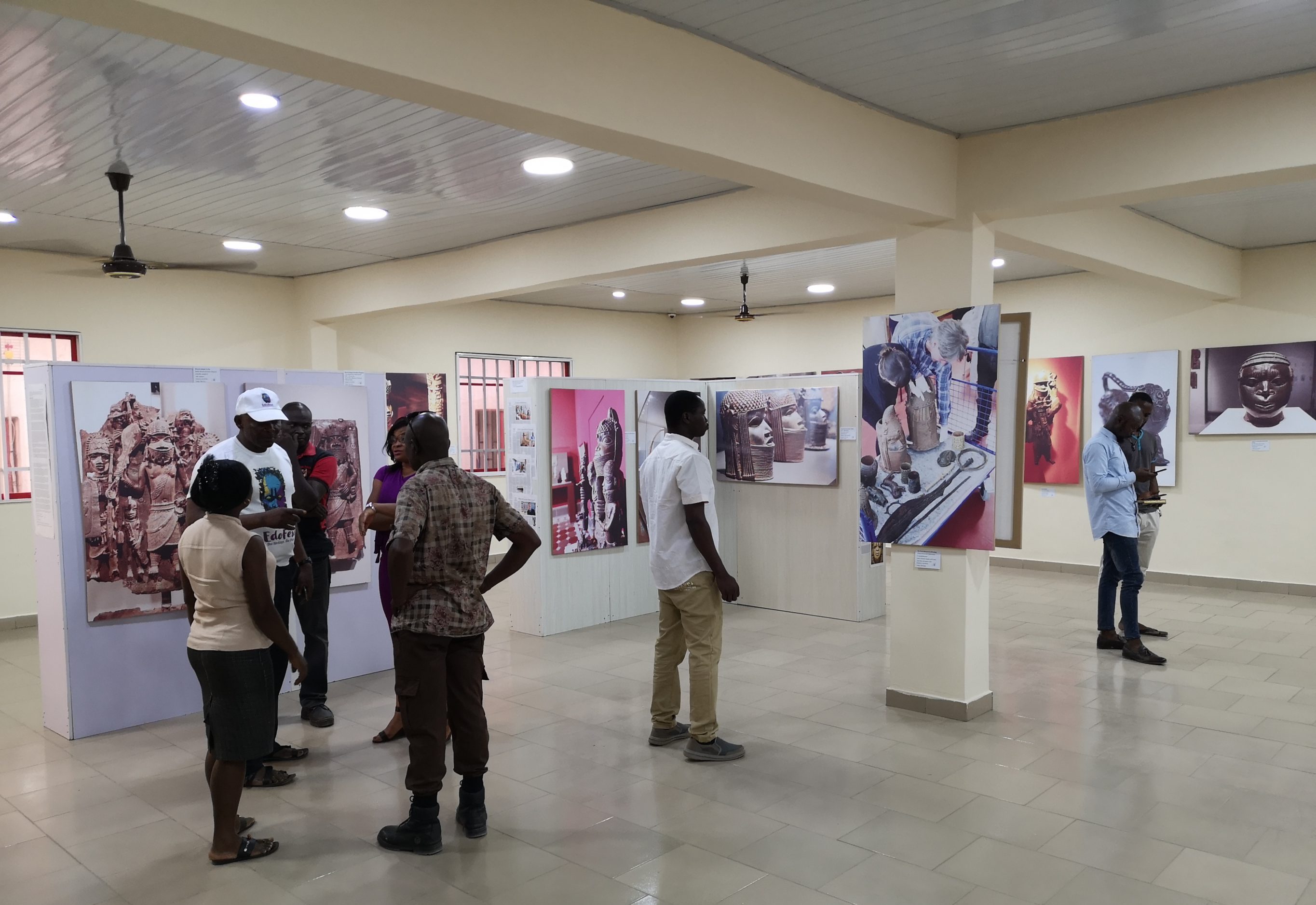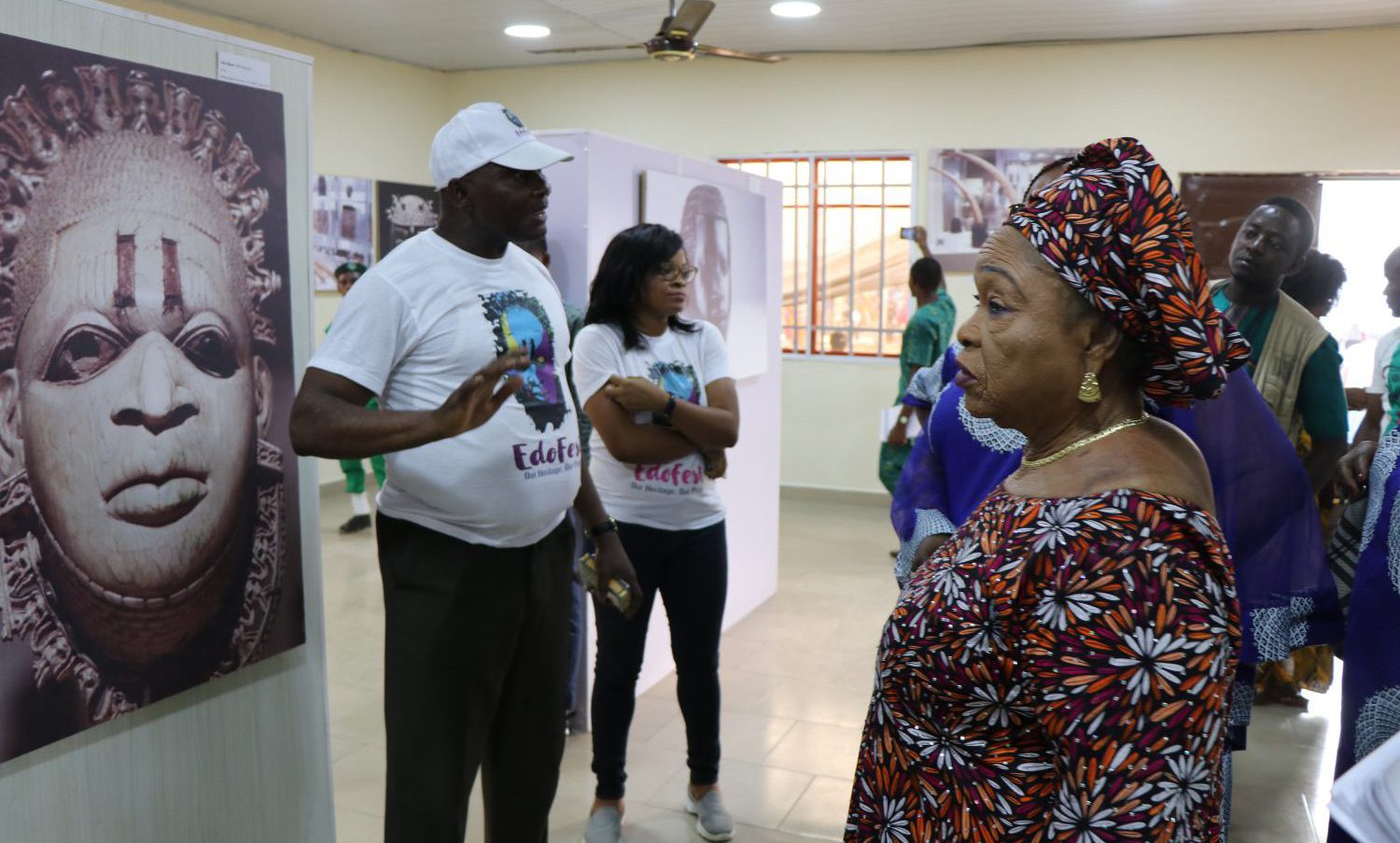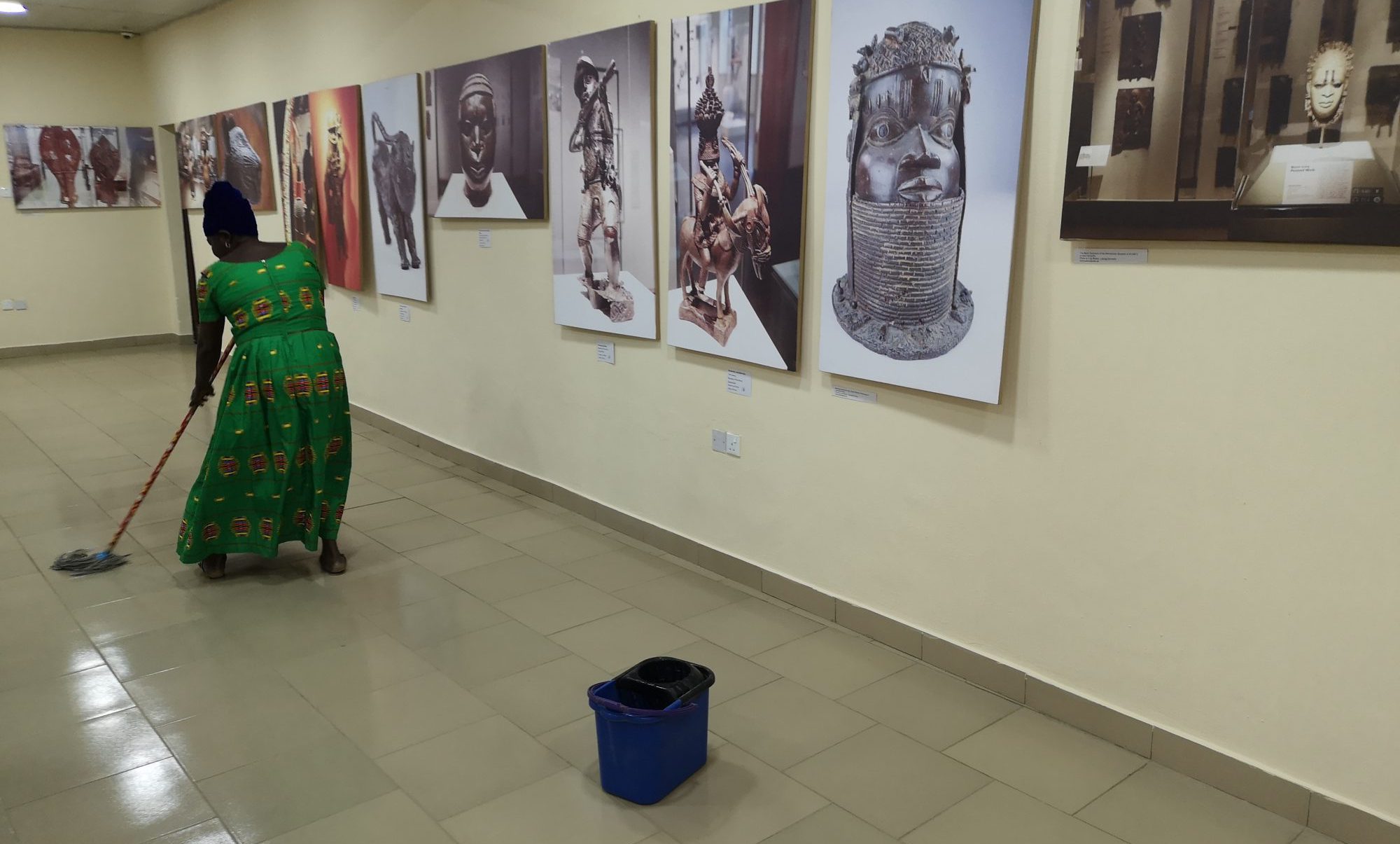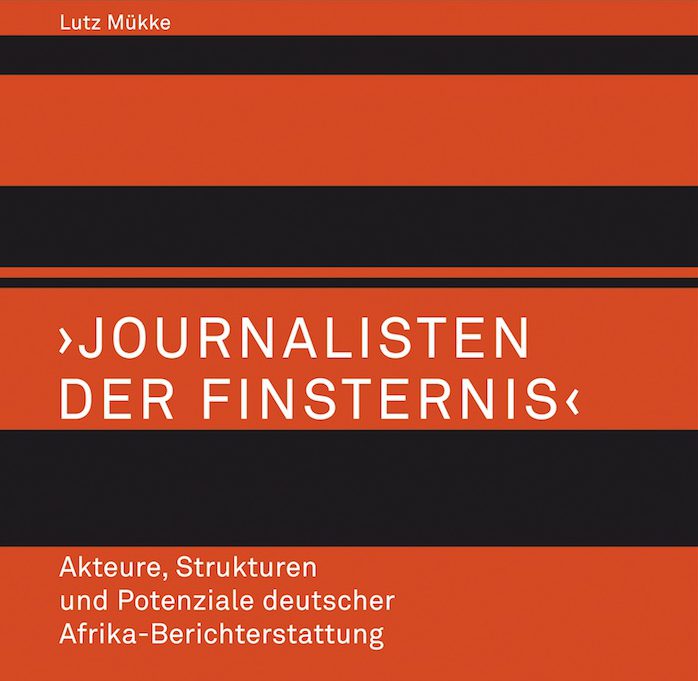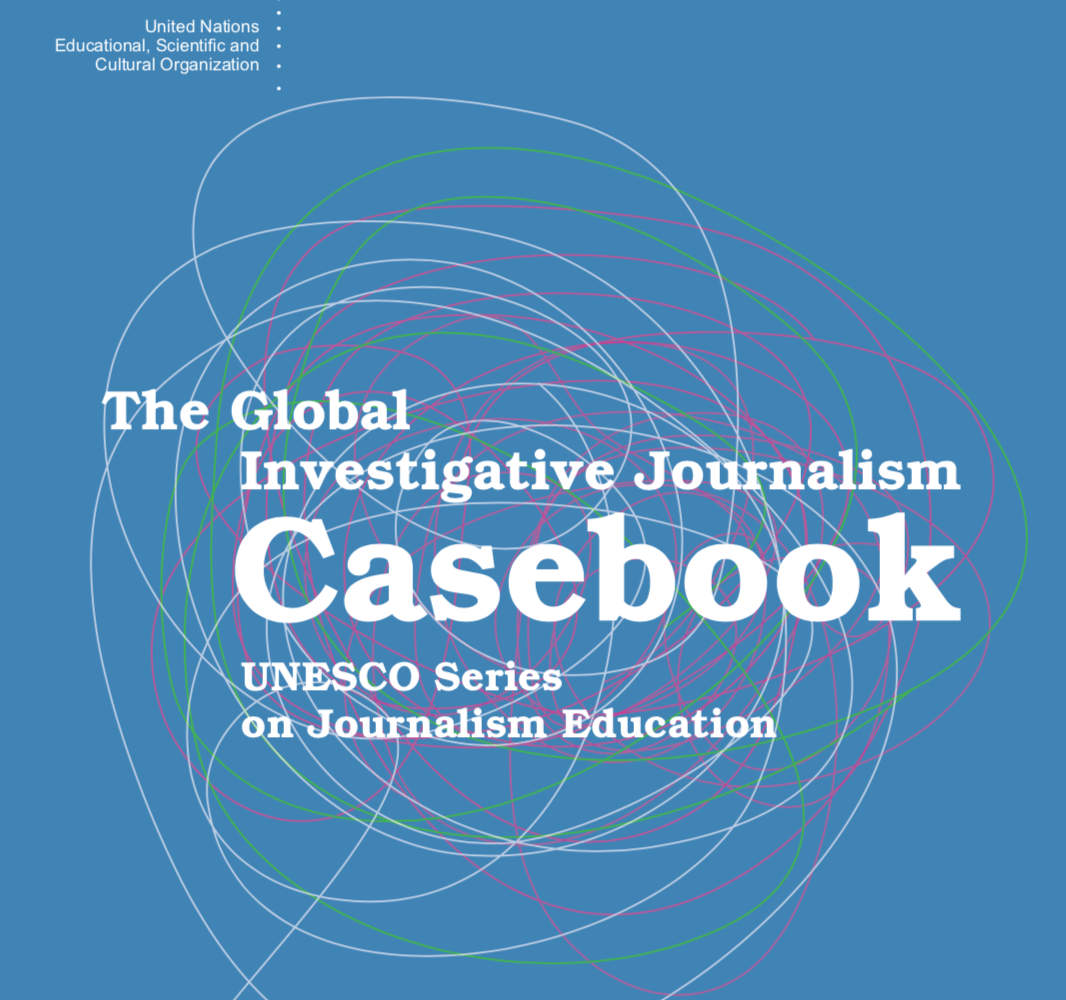Africa
On the road
As a reporter and scientist I have been to 25 African countries. For profound reports I researched for months in Nigeria and Ethiopia, paddled in the dugout on the Niger, sat in the air raid shelter in South Sudan, dined with Algerian millionaires, took the river ferry to Kisangani, slept in the Ahaggar mountains under the endless starry sky of the Sahara, drove far in the Ogaden and spent nights in the pubs of Lagos and Nairobi. Unforgettable, the discussions with missionaries in Tanzania or the amazing research in Pretoria on the propaganda strategies of the apartheid regime. The war in eastern Congo made me tremble with fear, the one in Somalia with rage.
No matter how good the preparation or how difficult the circumstances and areas sometimes are, research is often miraculously supported and facilitated by people you meet by chance: Mohamed, Carol, Ozase, Ibrahim, Achim, John, Adam, Klaus , Umar, Ahmed, Fares, Winnie, Chris, Karim … Thank you very much!
The looted heritage
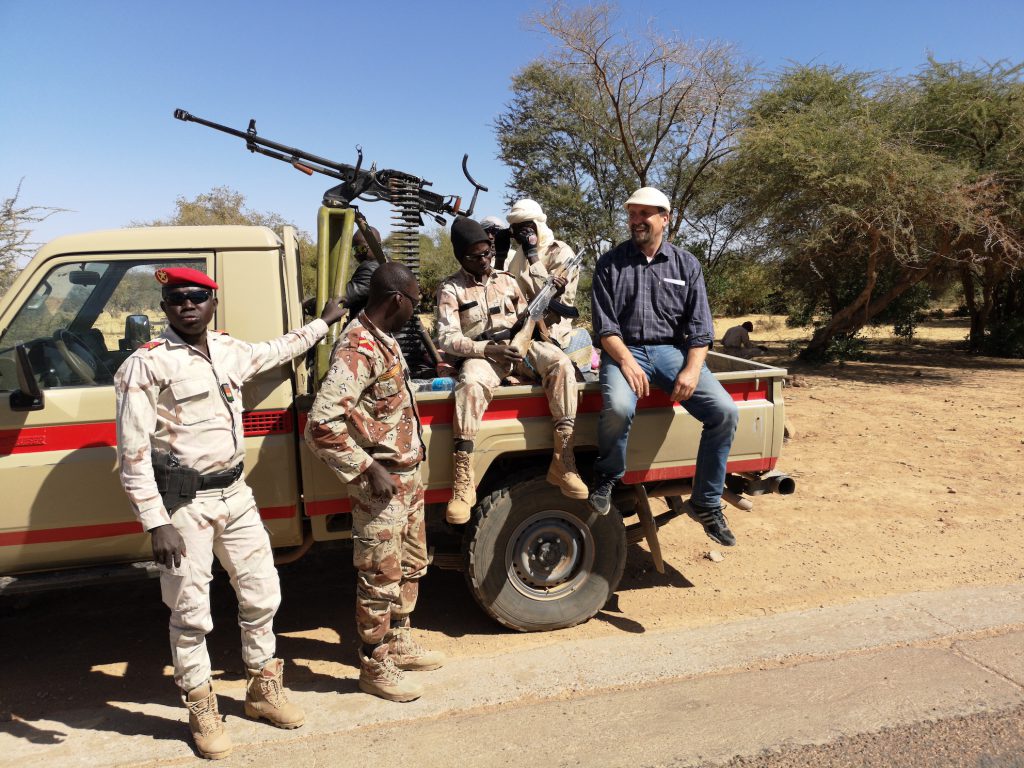
COLONIAL IGNORANCE & MUSEM AMNESIA
In 2017/18 I initiated and conducted an international long-term investigation by Nigerian and German journalists, who researched colonial looted art in Europe, Africa and the USA. The focus was on the Benin bronzes, which were plundered by the British in 1897 during the invasion of the Kingdom of Benin and sold to all countries to refinance the war.
Cooperation partners were Code for Africa, Frankfurter Allgemeine Zeitung (FAZ) and Leipziger Volkszeitung (LVZ). The Guardian Nigeria and the Observer also reported about it exclusively. Our publications influenced the currently ongoing restitution debate. The international research on the Benin bronzes also resulted in lectures (see offers).
The research was financed by the journalist association “Fleiß und Mut” (“Diligence and courage”) and the Mercator Foundation.
Without a doubt, the colonial era and its transgenerational impact are among the most ignored fields in Africa’s coverage today.
Click on the picture to the left to find out more.
A New Deal
PHOTO EXHIBITION ON STOLEN BRONZES IN BENIN CITY
“A NEW DEAL” is the name of the symbolic photo exhibition, which shows 42 large-format photographs by Lutz Mükke in the Royal Palace in Benin City, Nigeria, in December 2018. (see slider on the right side)
The Benin treasure, plundered by British colonial troops in 1897, can now be seen in dozens of western museums, including: in the Metropolitan museum of art in New York, in the British Museum in London or in museums in Cambridge, Stockholm, Leipzig, Paris, Dresden, Stuttgart, Berlin, Oxford, Leiden, Vienna, Seattle, Munich …
For a century, the Kingdom of Benin has demanded its heritage and no Nigerian gets a visa today to see this Nigerian cultural heritage in the world’s major museums. – The interest in the photo exhibition was correspondingly intense.
The eternal Stringer - Ahmed Jimale
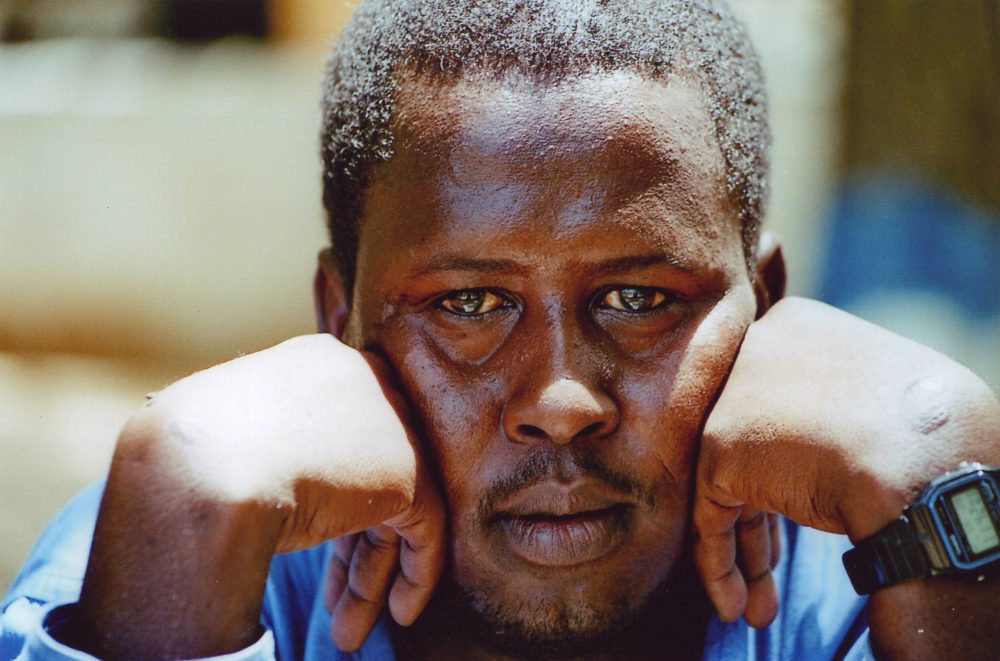
I met Ahmed Jimale in the midst of civil war in Somalia. He was one of the very few journalists who could provide access to all parts of the embattled capital Mogadishu, then divided into hostile clan sectors. All warlords, mortal enemies among themselves, knew Ahmed Jimale personally, the young, quiet, clever connoisseur who worked for German television. He was the one who filmed how a wounded, dead American soldier was dragged through the streets of Mogadishu by a hateful mob – a video sequence that was broadcasted by hundreds of television stations worldwide and influenced the course of the war. Actually, Ahmed Jimale deserves the Pulitzer prize. However, the Canadian photographer Paul Watson got the prize exclusively.
Today Ahmed Jimale lives as a “refugee” in Sweden. The war in Somalia, his job as a journalist and the impudence of his clients forced his escape. The German public owes him many years of excellent Somalia coverage.
"JOURNALISTS OF DARKNESS" –
AFRICA, AT THE LIMITS OF MEDIA CAPACITY
Book reviews
Publizistik
“It is thanks to Lutz Mükke that, with his outstanding study, he presents a comprehensive and theoretically founded work on actors and structures of reporting on Africa (…) beyond the ritualized lament of the lack of representation of Africa (…) as clever as original analyzed. ”
Süddeutsche Zeitung
“ARD and ZDF should take the chapter ‘gray areas, deficit areas and undesirable developments’ serious enough to send the text to all correspondents.”
Deutschlandradio
“He has provided an important basis for discussion.”
Afrikapost
“Highly recommended for those who are interested in the processes behind the journalism scenes!”
Funkkorrespondenz
“There is much enlightening to find in the book”
Click on the book cover to find out more.
STAGED MANAGED FAMINE – THE CAREER OF A CRITICISM AT THE DEVELOPMENT AID INDUSTRY
Under the title “Der inszenierte Hunger” (“The Stage Managed Famine”), a multi-page dossier on hunger in Ethiopia was published on 16 April 2003 in the German national weekly DIE ZEIT.
The sub-column of the multi-page report was “There is enough water in Ethiopia – but the development aid workers of the UN stage a drought disaster for the world.”
The article was researched extensively in East Africa, the US and Europe. The investigation revealed the extent of the symbiosis between the aid industry and the political elites in Ethiopia – and exposed hair-raising structural corruption.
The publication caused a stir: the UN World Food Program, the Food and Agriculture Organization of the United Nations, Ethiopian diplomats and government, as well as various development aid organizations and expats responded partly with harsh and insulting statements.
However, the research was able to withstand all hostility and threats, even received the EU Commission’s Natalie Lorenzo Prize for Human Rights, and finally ended up as a lesson in UNESCO’s “The Global Investigative Journalism Casebook”.
The research was financially supported by the first scholarship awarded by the investigative journalist organization Netzwerk Recherche after its founding.
Lagos, Hamburg, Berlin, Cotonou
At forums, conferences and in workshops in Germany and abroad, I bring my know-how in Africa in lectures, panel discussions, workshops or keynotes – about international project management, cooperation between European and African journalists, the media image of Africa, the distortions in the foreign reporting and stereotype broadcasting.
Analyzes of the continent, individual countries, regions and special thematic fields and numerous scientific essays and journalistic contributions related to sub-Sahara Africa were written by me.
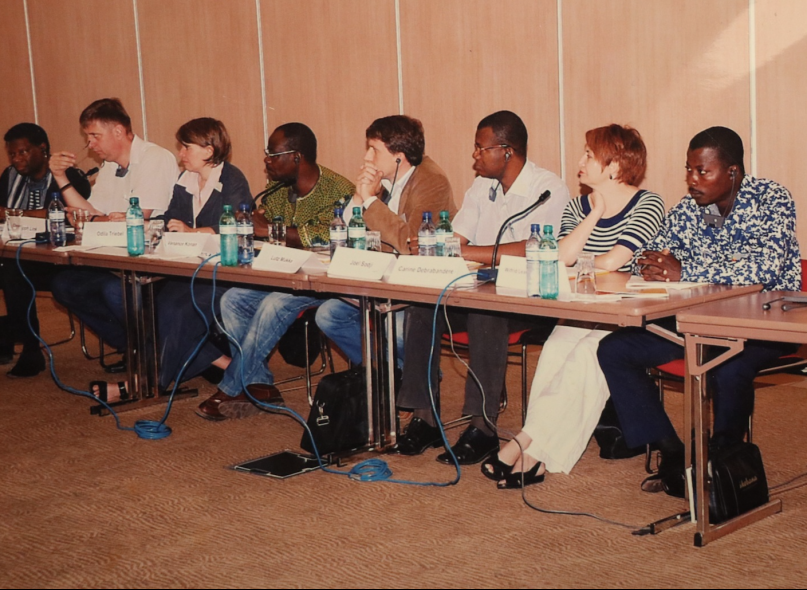
BACKGROUND
Africa is a single revelation. Here at the alleged “periphery” of world events, the view on the “centre” becomes even clearer. Initial spark for my interest in the “black continent“: Immediately after the end of the cold war I hitchhiked from Berlin to Dar Es Salaam – very young and with good cheer. At that time the DR Congo was still called Zaire, in the Central African Republic was still a German embassy and in Kenya it was risky to make political jokes. – A turbulent and breathtaking journey, after which my choice to study was clear. A few years after I studied journalism, mass communication and African studies in Leipzig/ Germany and Kampala / Uganda, focusing on economics, politics and cultures of Africa.


